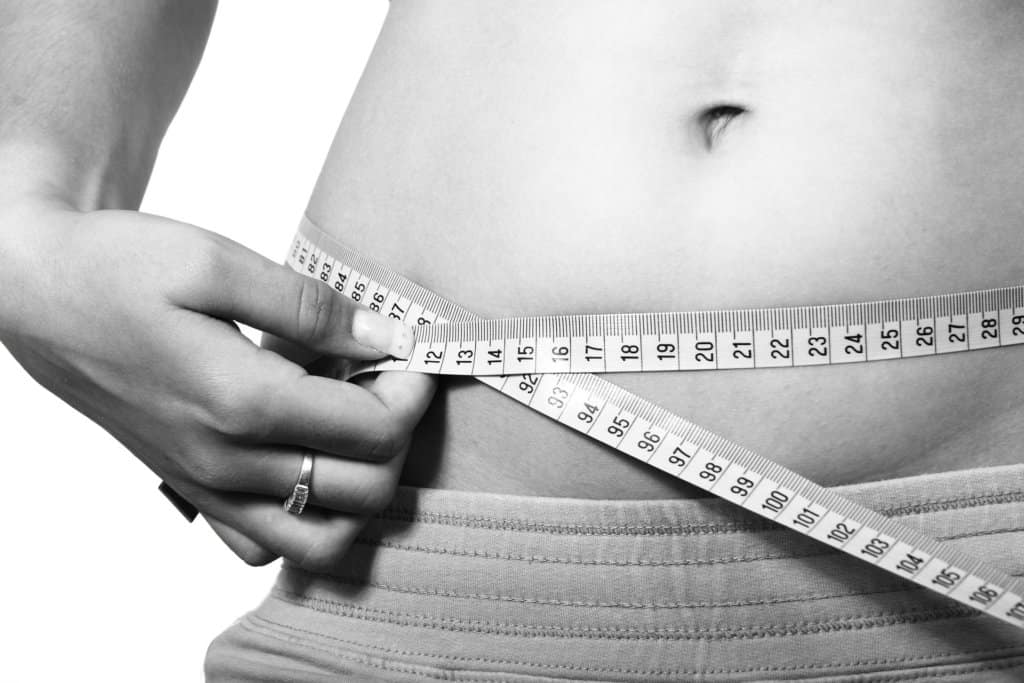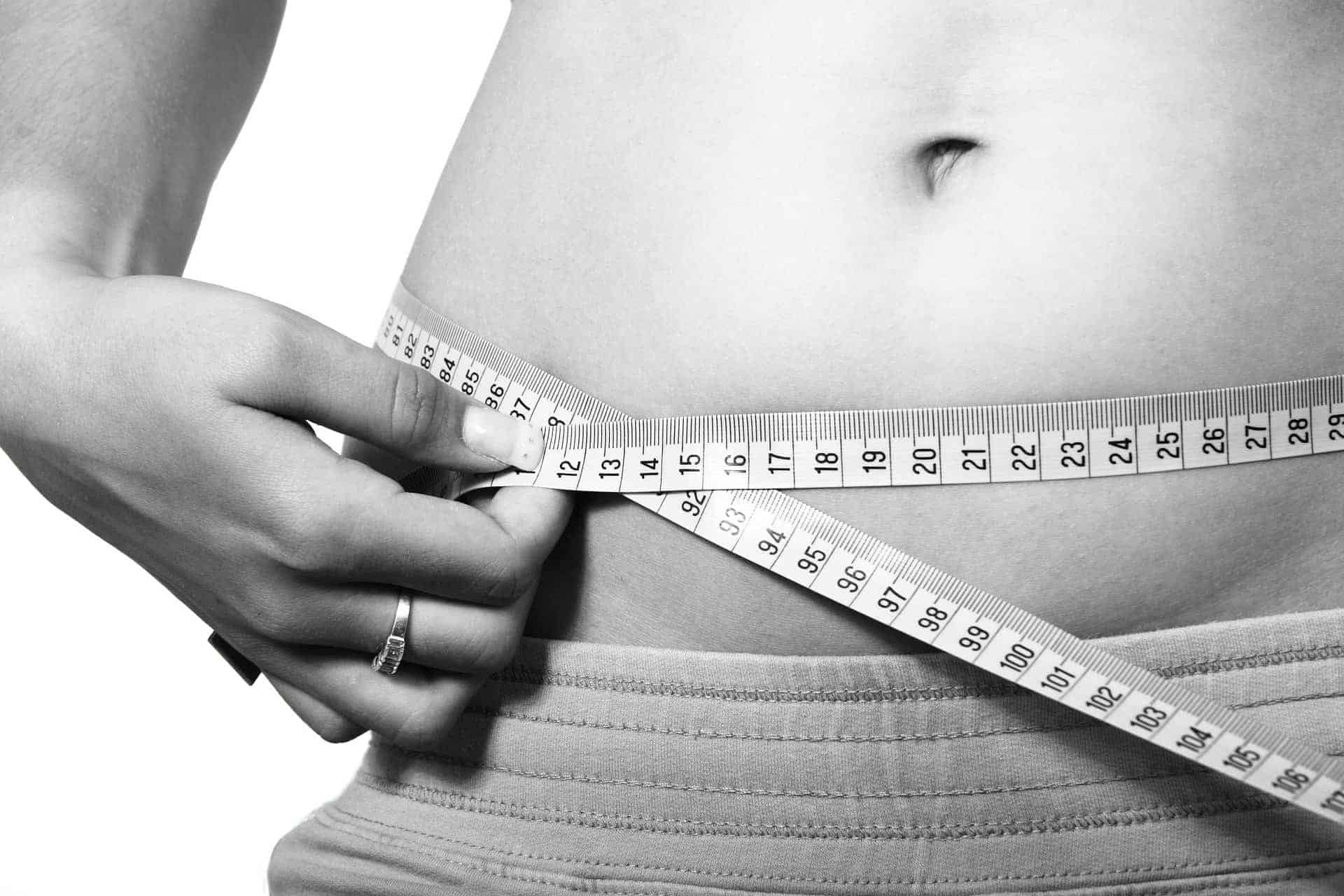

When I first began teaching PE many years ago, my Dad, a cardiologist, told me encouragingly; ‘You know, you’ll be making a much greater difference to people’s health than I can. By the time they come to me, it’s too late’. Buoyed by his words, I carried them with me throughout much of my early career, truly believing that my work was positively impacting the health of the young people I taught. I even wrote a blog article in which I stated, and I quote, that “PE teachers have a crucial role to play in ensuring both the current and future physical health and well-being of students.” Posted online, the article received much positive attention from other teachers, affirmed as I had been by the idea that we were a part of something that made us much bigger, and more important, than other educational subjects. It was the perfect comeback to all of the dismissals and jokes about PE – after all, who can argue with the importance of a subject positioning itself as the saviour of the next generation’s health?!
There has been much talk of late about children’s health in the wake of the Covid-19 pandemic. A few weeks ago, I took part in parent-teacher conferences at my school. The most frequently raised issue? Student’s (perceived) weight gain. Parents were naturally concerned about the impact of repeated school closures, online learning, and lack of opportunities for their children to be active over the last couple of years. However, I found myself deeply uncomfortable addressing their questions about how they could help their child to lose weight. I am not a paediatrician, nutritionist or geneticist, nor do I have any expert knowledge in this area. I therefore consider myself in no way qualified to comment on why an individual student may have gained weight, pandemic or not. So, I did my best to politely steer them away from the idea that this should be a focus of theirs (or mine), and back to the importance of their child developing their confidence, and finding joy in participating in physical activity, both in and outside of school.
My main concern with their questions? The prevailing belief of weight as an indicator of health. My secondary concern? The implication that PE exists to ‘fix’ what parents, teachers, or society at large, have deemed to be physical imperfections. Particularly when we know that PE has historically been, and continues to be, a place where certain (mostly white, male, athletic) bodies are celebrated, whilst others are marginalised. In my thirteen years of teaching I have heard, on more occasions than I would like to admit, assumptions made by teachers about the students they teach based upon their weight. Damaging inferences about everything from their personalities (“they’re just lazy”), to diet (“they must eat so much rubbish at home”), to the quality of the parenting they’re receiving (“I bet they just let them sit around and play video games all weekend”). Our profession is full of people who have fallen into the trap of buying into the stereotypes that exist around weight, or believing that there is some sort of simple fix to be found. That those who are overweight simply haven’t wanted it enough, worked hard enough, or followed the recommended advice.
Recently, I was a panellist on ‘The Debate Project’, a discussion revolving around the use of conceptual learning in PE. Whilst not a focus of the debate, something that stuck with me in the weeks after was a comment by Greg Dryer, one of the guest speakers, who queried the often assumed linear relationship between PE and health, and cautioned against what he termed ‘deficit thinking’. And yet, it is exactly this type of deficit thinking that is most often used to justify the very existence of PE in schools, and that shapes everything from media headlines to wider government policy (see for example, the recent Lord’s report on sport, health and wellbeing, that centres PE as an antidote to the nation’s health). The pressures and expectations placed at the feet of PE teachers no longer focus solely on physical health, but more recently on mental health and well-being, moral integrity, and even academic achievement. As noted by @ImSporticus in a recent blog post, the danger here is that this results in “PE becoming a simple Band-Aid to societies more complex problems rather than as a school subject which contributes to nurturing the physically educated person.” The reality is, in most schools, students simply don’t spend enough time participating in PE for the subject to have any real impact on their health. Nor can we single out PE as the consequential factor when there are so many other factors which impact young people’s physical and mental health, almost all of which fall outside of our control.
As Aubrey Gordon, author of the excellent book ‘What We Don’t Talk About When We Talk About Fat’ and co-host of the Maintenance Phase podcast (which, in my opinion, should be compulsory listening for anyone working in health or education) notes, we still know very little about fatness and what really causes it. And whilst this continues to be investigated, our damaging (and largely incorrect) assumptions are having a negative impact on our students; on their perceptions of PE, their participation in physical activity, their self-esteem and even their relationship with food. In one episode of the podcast, Aubrey recounts an experience at school when she received praise from her teachers for losing weight. The reality though was that at the time she was starving herself, resorting to disordered eating in order to conform to other people’s expectations. I’d ask those of you reading this to consider whether you have ever heard a student being praised or commended for their weight loss. I certainly have. But this does damage on multiple levels; firstly, we may be in fact celebrating the (likely hidden) unhealthy behaviour of the individual in question. Secondly, we are communicating to other students that their bodies also need to conform to a particular aesthetic to receive the same positive attention. Is this what we should be teaching them? Is this health?
“Asking about weight loss as a way of complimenting someone asserts that thin bodies are inherently superior to (and more desirable than) fat bodies. Complimenting perceived weight loss may mean that you are complimenting someone’s eating disorder, their grief, their depression/ mental illness, their trauma and more. Weight loss isn’t always intentional, it isn’t always desired, and it can be the result of really tough times.” Aubrey Gordon
It is time that we critically reflect upon the true role of, and intentions behind, PE. It is time that we are honest about the biases we hold, and actively work to prevent the harm we are inadvertently causing to our students. Can we teach students ABOUT health? I would say yes – carefully. Can we truly profess to improve the health of our students? I would argue not. Instead, let’s focus on making PE a safe space where everyone is celebrated. Let’s focus on providing opportunities for exploration, development and growth. Let’s focus on helping our students learn to love movement. It would be normal, realistic even, to accept the role of PE (and lifelong physical activity) as part of the wider tapestry of life, in which room can and must be made for all of the things that we require to truly be ‘healthy’. A sense of purpose. Healthy relationships. Mental health. Hobbies; be they art, music, sports. A work-life balance! Just because we, the physical education community, have a particular affinity for PE, does not mean that everyone will. Can we make our subject more open, welcoming and inclusive? Hell yes! But we need to stop imagining ourselves to be in some sort of battle for recognition against other subjects and activities. We don’t need to prove or justify our worth – those of us who have dedicated our lives to working in this area know our subject’s worth inherently. Our rush to prove it to others however has often clouded our approach, our judgement, about what we should really be focusing on. If we say that we are student-centered, that we care deeply about the health of the young people we work with, we first need to acknowledge that our own attitudes, beliefs and biases about health are not always healthy.
About the Author:
This guest blog was written by Laura Davies – physical educator currently based in Thailand, currently completing her PhD with Loughborough University researching inclusion in international schools.
Image by PublicDomainPictures from Pixabay.


[…] culture that fails to notice the holistic contributions of mental, emotional and social health. Read this thought provoking blog by Laura Davies who also contributed a case study in this book to consider this more. Reflecting back, part of the […]